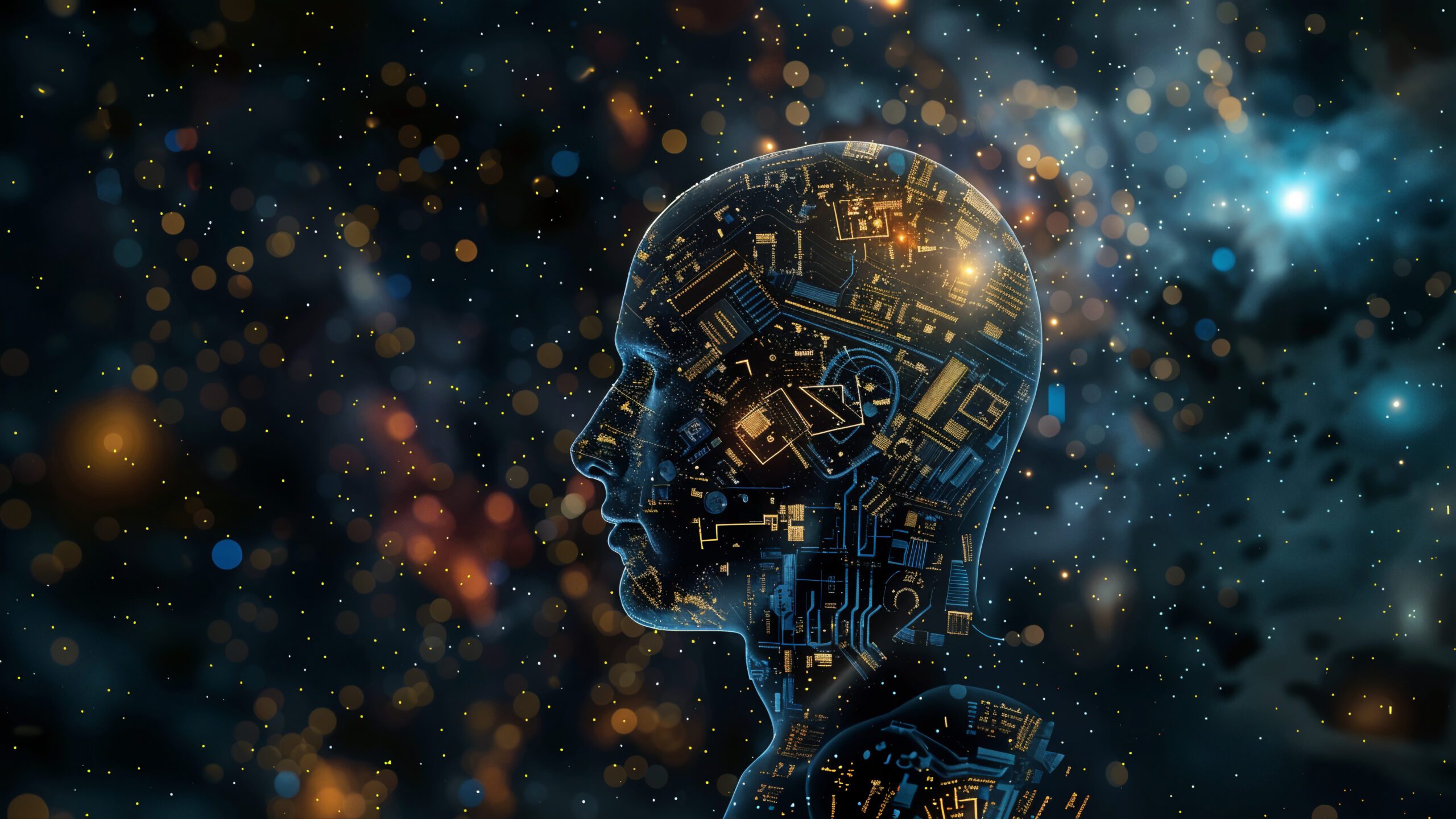
AI is no longer a futuristic concept—it’s here, transforming industries and reshaping how we interact with the world. Over the past two years, AI has moved from being an experimental tool in labs to becoming an essential part of everyday life. From breakthroughs in generative models to advances in deep learning, AI is evolving faster than ever. But where is it heading in the next decade?
In the last two years, AI has crossed significant milestones. The launch of GPT-3 and other generative models marked a turning point in how we understand AI’s capabilities. These models pushed the boundaries of language processing, enabling machines to write human-like text, generate art, and even engage in creative problem-solving. But that was just the beginning.
AI is evolving from isolated tasks to more integrated, human-like reasoning. Deep learning models are now capable of not just analyzing data but understanding context. The rise of self-learning AI models means machines are starting to improve without explicit human intervention, which opens up endless possibilities for automation, creativity, and decision-making.
One of the biggest goals for the future of AI is the development of artificial general intelligence (AGI)—a system that can understand, learn, and apply knowledge across a wide range of tasks, much like a human brain. While AGI is still a long way off, recent advances show that AI systems are becoming more flexible and adaptive.
We’re heading towards AI systems that can learn on their own, adapt to new situations, and apply their knowledge across different domains. The ultimate goal is to create AI that isn’t limited by predefined tasks but can generalize its capabilities in ways we haven’t yet imagined.
As AI becomes more powerful, ethical considerations will play a crucial role in its future. The past two years have seen growing concern over AI’s potential biases, privacy risks, and the broader implications of widespread automation. In response, many organizations have started emphasizing responsible AI development, with a focus on transparency, accountability, and fairness.
AI governance frameworks are now emerging to ensure that advancements are made ethically, with real-world consequences in mind. Expect to see more collaboration between governments, tech companies, and academic institutions to create policies that balance innovation with societal impact.
AI isn’t here to replace humans; it’s here to augment human abilities. The most powerful applications of AI will come from collaboration—between machines and people, between different industries, and even between nations. AI-powered tools will allow professionals to focus on strategic thinking, creativity, and decision-making, while automation takes over repetitive tasks.
In the next decade, AI will integrate deeper into areas like education, healthcare, and manufacturing, allowing for a seamless flow of information, data, and decision-making processes. Imagine AI systems working alongside humans in every field, amplifying our abilities while giving us more time to focus on innovation.
No industry exemplifies AI’s transformative potential more than the automotive sector. In the past two years, the development of autonomous vehicles has accelerated, with companies like Tesla, Waymo, and major car manufacturers pushing forward with AI-driven innovations.
AI systems in cars are becoming smarter, not just in terms of navigation but also in predicting potential hazards, optimizing fuel efficiency, and even making real-time decisions in unpredictable environments. Over the next decade, we will see a shift from semi-autonomous features to fully autonomous fleets, revolutionizing personal transportation and logistics.
AI will also play a significant role in transforming the service side of the automotive industry. From predictive maintenance to AI-led upsell opportunities in the service drive, dealerships and service centers will be able to anticipate and meet customer needs with greater precision, enhancing customer experiences and driving revenue growth.
As AI moves toward more general, adaptive intelligence, the next decade promises to bring innovations we can barely imagine today. AI is heading into uncharted territory, where machines will become more than tools—they will be our partners in problem-solving, creation, and decision-making. The automotive industry is just one of many areas where AI’s future impact will be profound, but its reach will extend across every sector, shaping a new reality for businesses and individuals alike.
